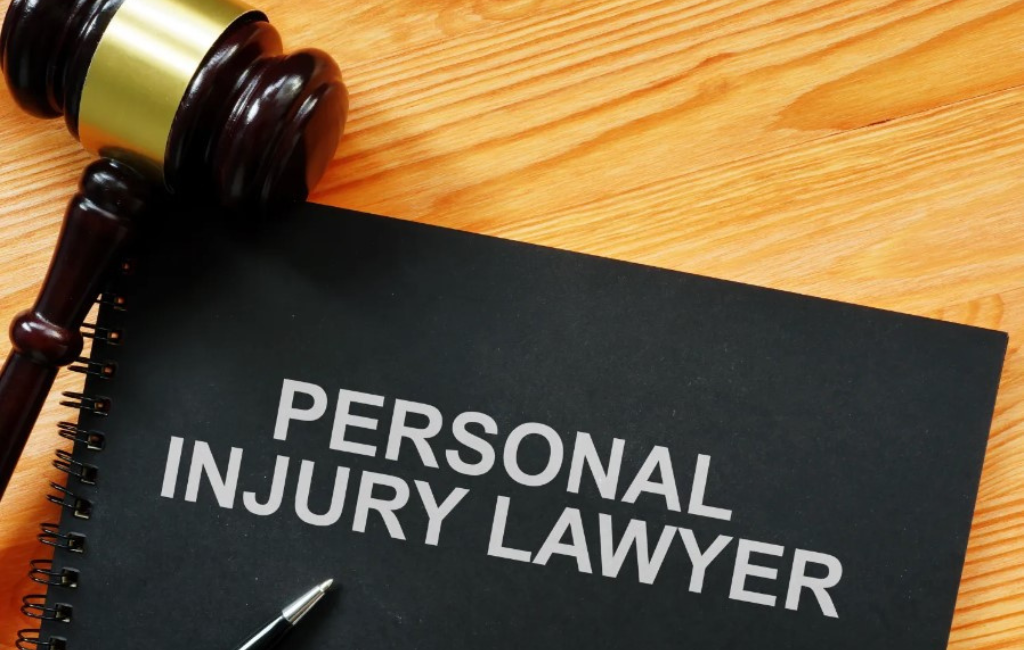-
Table of Contents
- Personal Injury Lawyer Maximizes Claims
- The Role of a Personal Injury Lawyer
- Key Responsibilities
- Maximizing Claims Through Thorough Investigation
- Case Study: Car Accident Claim
- Negotiating with Insurance Companies
- Example: Slip and Fall Incident
- Representing Clients in Court
- Case Study: Medical Malpractice
- Advising Clients on Legal Options
- Example: Workplace Injury
- Statistics on Personal Injury Claims
- Key Statistics
- Conclusion
Personal Injury Lawyer Maximizes Claims
When faced with an injury due to someone else’s negligence, the path to fair compensation can be complex. A personal injury lawyer plays a pivotal role in ensuring that victims receive the maximum possible compensation for their injuries. This article explores how these legal professionals maximize claims, supported by examples, case studies, and statistics.
The Role of a Personal Injury Lawyer
Personal injury lawyers specialize in tort law, which covers civil wrongs and damages. Their primary goal is to secure compensation for clients who have suffered physical, emotional, or financial harm. They handle a variety of cases, including car accidents, medical malpractice, workplace injuries, and more.
Key Responsibilities
- Investigating claims
- Gathering evidence
- Negotiating with insurance companies
- Representing clients in court
- Advising clients on legal options
Maximizing Claims Through Thorough Investigation
A thorough investigation is the foundation of a strong personal injury claim. Lawyers gather evidence such as medical records, police reports, witness statements, and expert testimonies. This comprehensive approach helps build a compelling case that can withstand scrutiny from insurance companies and opposing counsel.
Case Study: Car Accident Claim
Consider a car accident where the victim suffered severe injuries. The personal injury lawyer would:
- Obtain the police report detailing the accident
- Collect medical records documenting the injuries and treatment
- Interview witnesses to corroborate the victim’s account
- Consult with accident reconstruction experts to establish fault
By presenting a well-documented case, the lawyer can negotiate a higher settlement or win a favorable verdict in court.
Negotiating with Insurance Companies
Insurance companies often aim to minimize payouts. Personal injury lawyers counter this by leveraging their knowledge of the law and the specifics of the case. They understand the tactics used by insurers and can effectively negotiate to secure a fair settlement.
Example: Slip and Fall Incident
In a slip and fall case, the insurance company might argue that the victim was partially at fault. The lawyer would:
- Present evidence showing the property owner’s negligence
- Highlight the severity of the injuries and their impact on the victim’s life
- Negotiate for a settlement that covers medical expenses, lost wages, and pain and suffering
This strategic approach often results in a higher payout than the initial offer from the insurance company.
Representing Clients in Court
When negotiations fail, personal injury lawyers are prepared to take the case to court. They present evidence, question witnesses, and make compelling arguments to convince the jury of their client’s right to compensation.
Case Study: Medical Malpractice
In a medical malpractice case, the lawyer would:
- Present expert testimony to establish the standard of care
- Show how the healthcare provider deviated from this standard
- Demonstrate the direct link between the provider’s actions and the victim’s injuries
This meticulous preparation and presentation can lead to a substantial verdict in favor of the victim.
Advising Clients on Legal Options
Personal injury lawyers provide valuable guidance on the best course of action. They help clients understand their rights, the potential value of their claim, and the likelihood of success. This informed advice empowers clients to make decisions that align with their best interests.
Example: Workplace Injury
In a workplace injury case, the lawyer might advise the client to:
- File a workers’ compensation claim
- Pursue a personal injury lawsuit if a third party was involved
- Seek additional damages for pain and suffering
This comprehensive advice ensures that clients explore all avenues for compensation.
Statistics on Personal Injury Claims
Statistics highlight the impact of personal injury lawyers on claim outcomes. According to the Insurance Research Council, victims who hire lawyers receive settlements that are 3.5 times higher than those who do not. Additionally, the National Center for State Courts reports that 60% of personal injury cases result in a settlement, with the average payout being significantly higher for represented clients.
Key Statistics
- 3.5 times higher settlements for represented clients
- 60% of personal injury cases result in a settlement
- Higher average payouts for clients with legal representation
Conclusion
Personal injury lawyers play a critical role in maximizing claims for their clients. Through thorough investigation, skilled negotiation, effective courtroom representation, and informed advice, they ensure that victims receive the compensation they deserve. The statistics and case studies presented underscore the value of legal representation in personal injury cases. For anyone facing the aftermath of an injury, engaging a personal injury lawyer can make a significant difference in the outcome of their claim.
